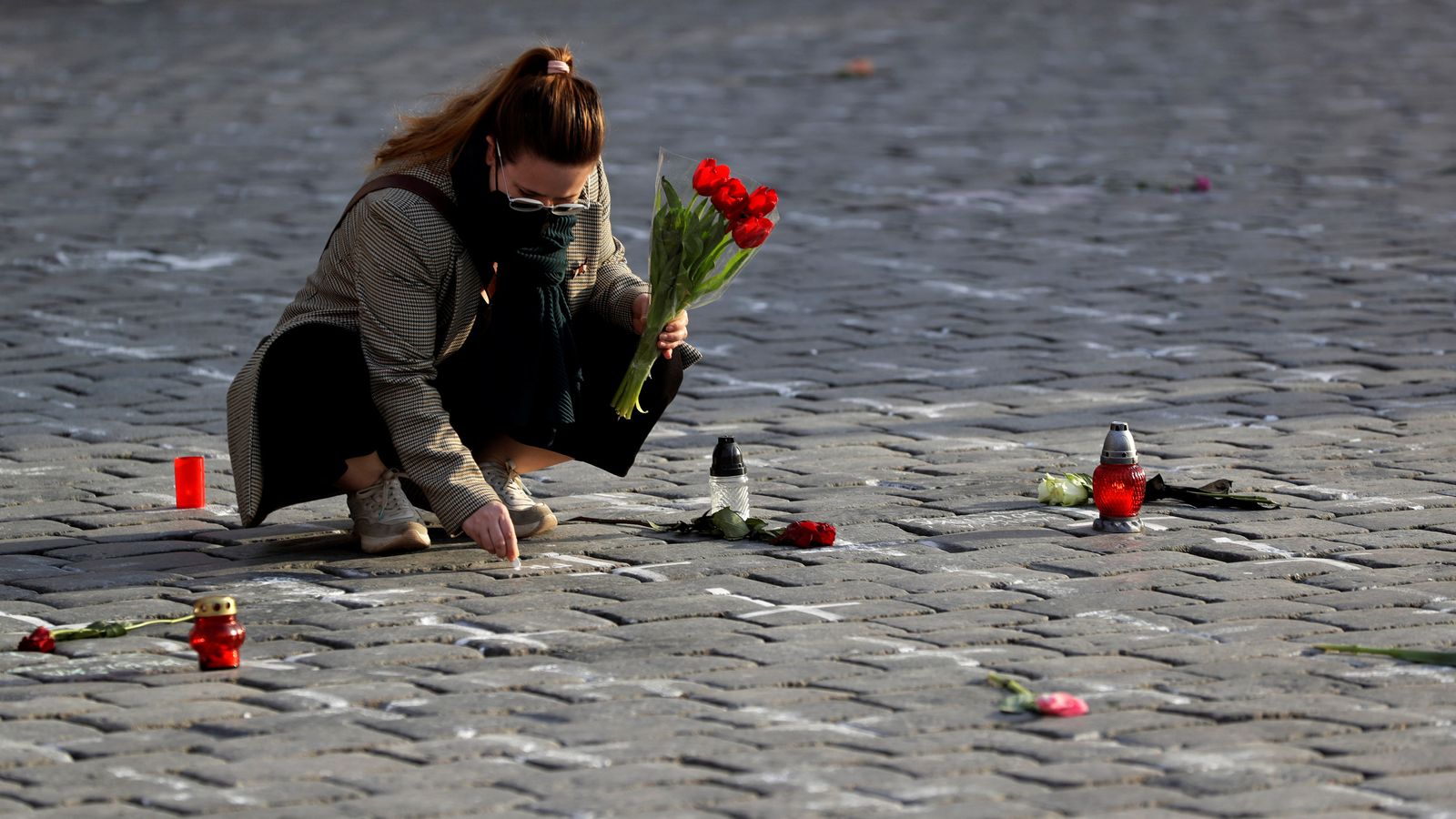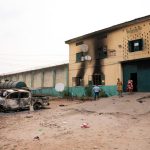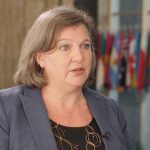The global death toll from coronavirus has topped three million people amid repeated setbacks in the worldwide vaccination campaign and a deepening crisis in places such as Brazil, India and France.
The number of lives lost, as compiled by Johns Hopkins University in the US, is about equal to the population of Kyiv, Ukraine; Caracas, Venezuela; or metropolitan Lisbon, Portugal.
It is bigger than Chicago (2.7 million) and equivalent to Philadelphia and Dallas combined.
However, the true number is believed to be significantly higher because of possible government concealment and the many cases overlooked in the early stages of the outbreak that began in Wuhan, China, at the end of 2019.
Worldwide, COVID-19 deaths are on the rise again, running at around 12,000 per day on average, and new cases are climbing too, eclipsing 700,000 a day.
“This is not the situation we want to be in 16 months into a pandemic, where we have proven control measures,” said Maria Van Kerkhove, one of the World Health Organisation’s (WHO) leaders on COVID-19.
In Brazil, where deaths are running at about 3,000 per day, accounting for one-quarter of the lives lost worldwide in recent weeks, the crisis has been likened to a “raging inferno” by one WHO official.
A more contagious variant of the virus has been rampaging across the country.
Meanwhile, problems that India had overcome last year are coming back to haunt health officials.
Only 178 ventilators were free on Wednesday afternoon in New Delhi, a city of 29 million, where 13,000 new infections were reported the previous day.
The challenges facing India reverberate beyond its borders since the country is the biggest supplier of shots to Covax, the UN-sponsored program to distribute vaccines to poorer parts of the world.
Last month, India said it would suspend vaccine exports until the virus’s spread inside the country slows.
The WHO recently described the supply situation as precarious.
Up to 60 countries might not receive any more jabs until June, by one estimate.
To date, Covax has delivered about 40 million doses to more than 100 countries, enough to cover barely 0.25% of the world’s population.
Globally, about 87% of the 700 million doses dispensed have been given out in rich countries.
While one in four people in wealthy nations have received a vaccine, in poor countries the figure is one in more than 500.






















